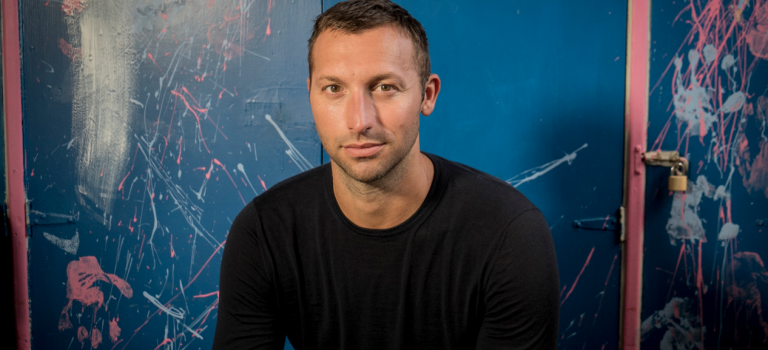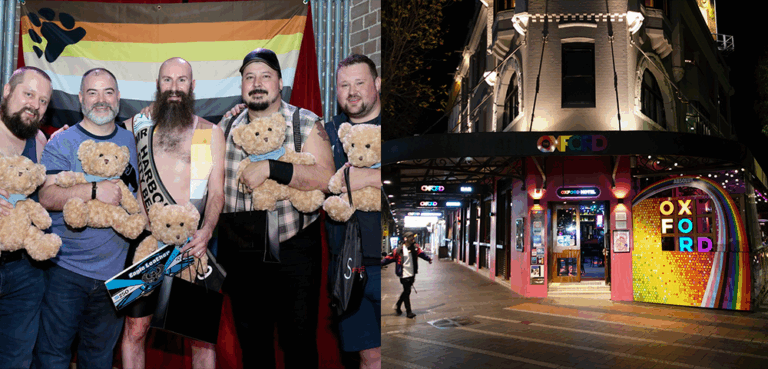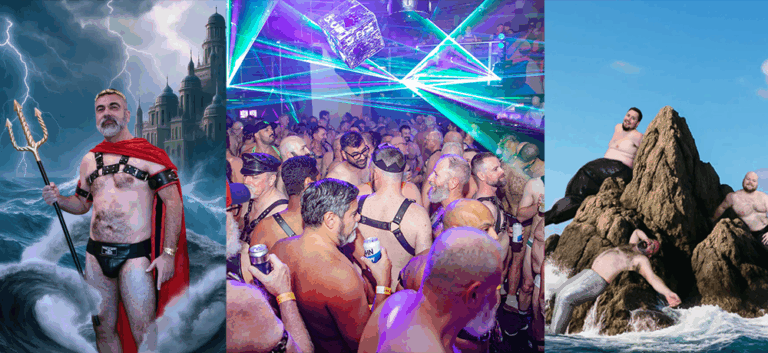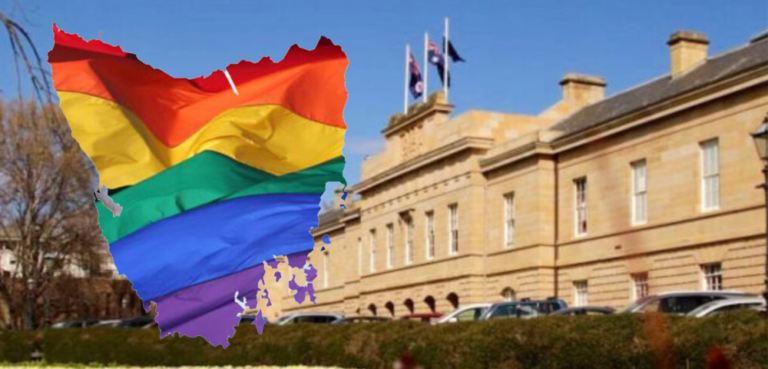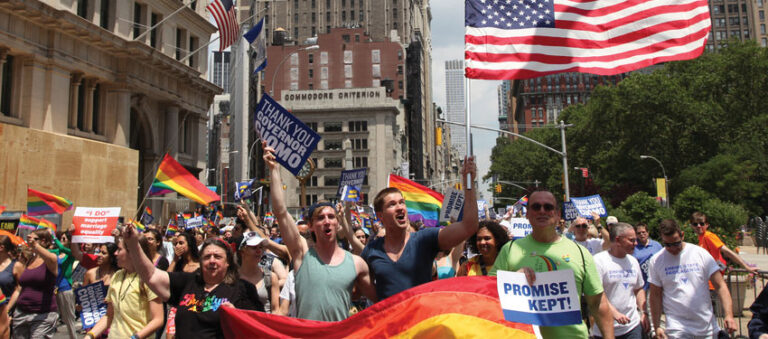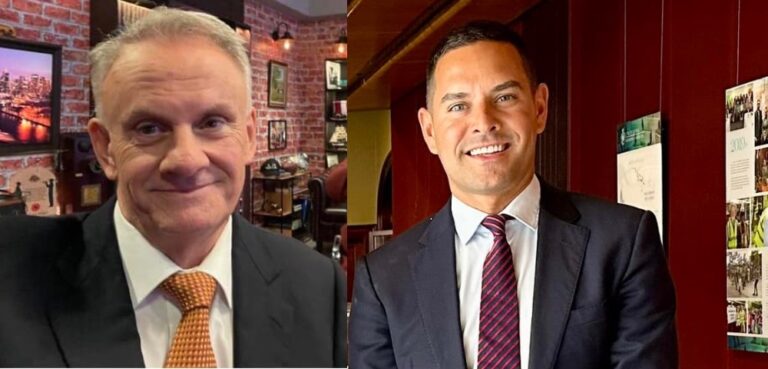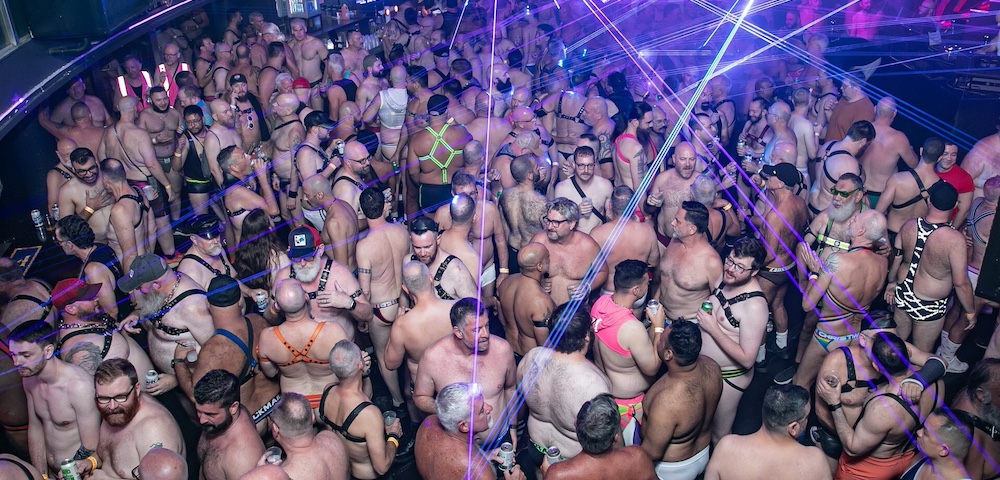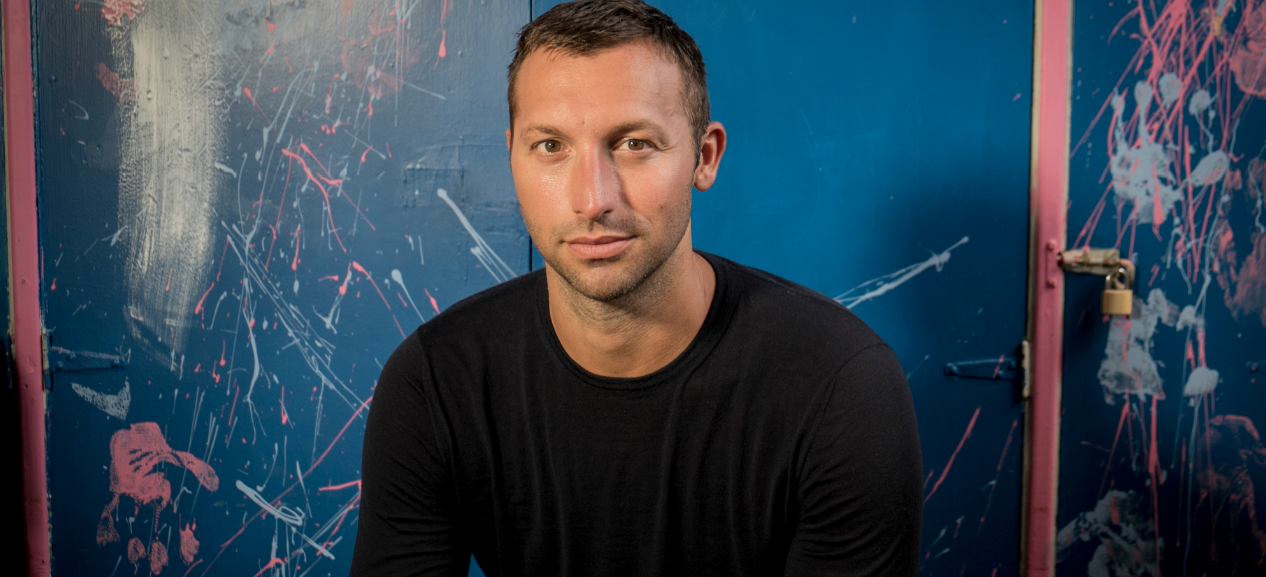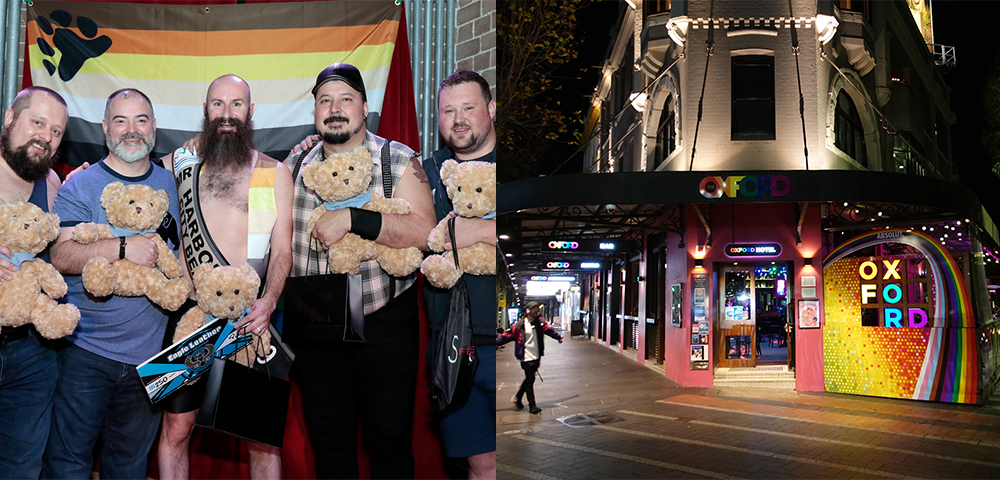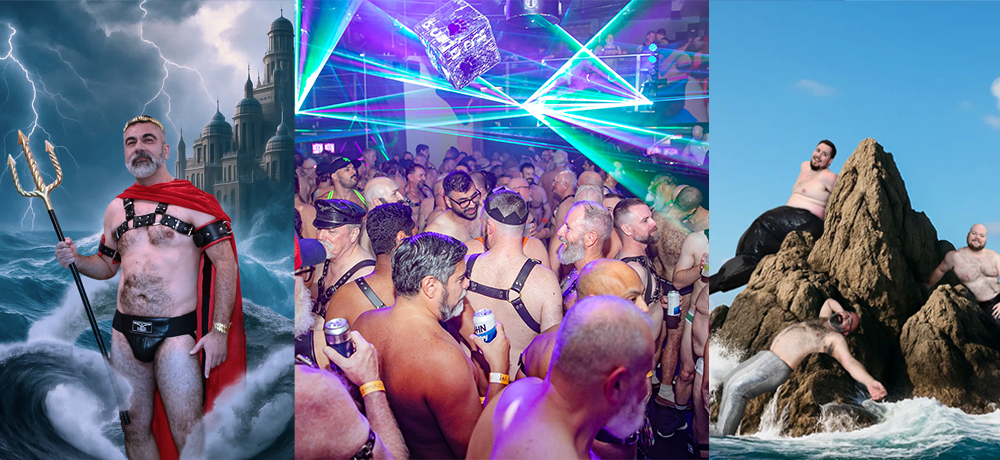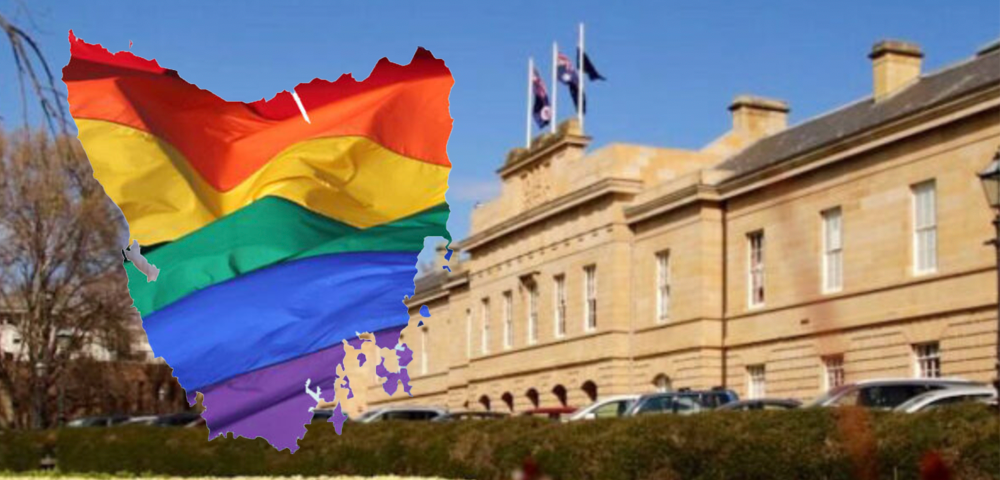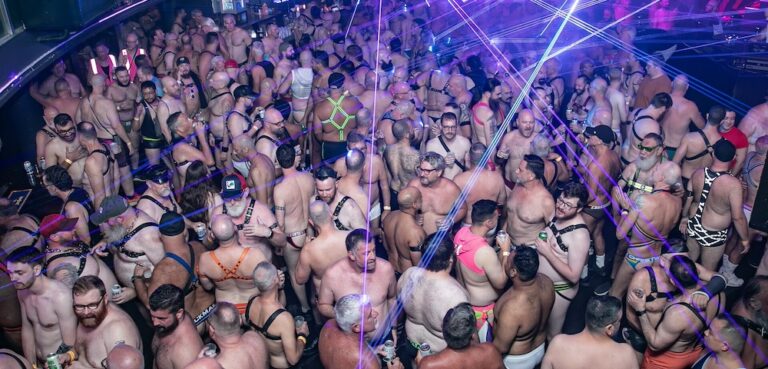
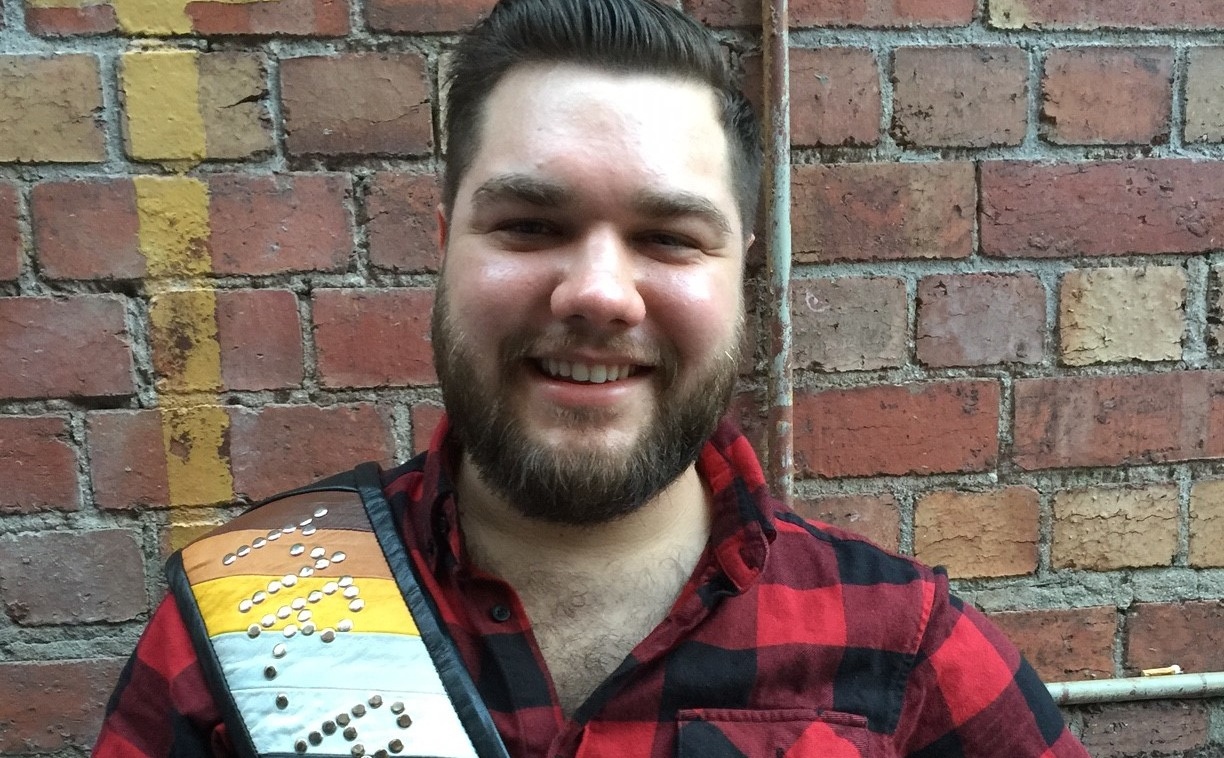
AUSTRALIA’S bear community provides a safe space for same-sex attracted men to come together in solidarity regardless of how they look. However, mental health issues, bear-on-bear discrimination, and traditional views pose serious problems. Matthew Wade spoke to a handful of bears about the importance of the bear community, and what needs to be changed.
There was a time when Jason Turner would throw up after every meal in an attempt to be skinny.
As a queer, intersex young man whose body didn’t reflect the ‘ideal’ aesthetic that was constantly being championed in the gay community, he said he dealt with a number of damaging body issues.
“I took steps to try and be skinny like everyone else and that took its toll, it made me look gaunt and horrible,” he told the Star Observer.
“But I always saw everybody talking about the ideal gay man being muscled and hairless, and I was nothing like that.”
It wasn’t until he was in his thirties that Turner found an antidote to the seemingly endless smooth, gym-bodied gay men that saturated the media, the bars, and mainstream pornography – and it was in Australia’s bear community.
“I came across an advertisement for a bear event in Victoria and saw a person who was smiling and happy, and didn’t look anything like the muscled gays you saw everywhere else,” he said.
“I needed to be part of that – I needed to be that person who was happy and had accepted himself.”
As queer and same-sex attracted men explore their sexual identities, many may also self-identify with a particular ‘tribe’: a slim and smooth gay man may identify as a twink, an athletic gay man may identify as a jock, and a larger, hairy gay man may identify as a bear.
And while these tribes pander to stereotypes and often serve to divide the queer community, they can also serve to empower those within it in equal measure by providing a safe and supportive space.
There are currently a number of social clubs for bears around Australia such as the VicBears, the Harbour City Bears, and the Brisbears. It was within these clubs that Turner found self-acceptance.
“When I found the bear community it was a little scary seeing all these people like me who were accepting themselves, but after I jumped in headfirst I accepted myself completely,” he said.
However, Turner said the bear community still has a way to go when it comes to greater diversity and acceptance, as he’s faced both intersexphobia and biphobia from within its ranks.
“I’ve always been open about being bisexual and intersex, but there have been a lot of people who’ve stood back wondering how they should deal with that,” he said.
“I’ve heard guys say you have to have a dick and two balls to be a bear, to which I replied: I’m not sure which of you lot are going to check if I have two balls or a dick, you’re just going to have to accept the fact that I’m a man.
Turner admits the culture has improved a lot over the past few years though, helped in part by calling out members of the bear community when they make narrow-minded or damaging comments.
“The people who still have reservations have to deal with it, because you can only educate them so much.”
The bear community in Australia has flourished so much in recent years that representatives from each bear club now compete annually for the title of Mr Australasia Bear, a contest designed to bring the community together.
This year’s Mr Australasia Bear, Patrick Greber, always felt ostracised in the Austrian mountain town he grew up in until he found the bear community.
He recalled meeting up with a gentleman via Scruff when he was a teenager and being told to shave his body if he wanted sex.
“He told me he had a razor in the bathroom, and asked if I was able to shave my body, then we’d be able to have sex – otherwise I had to leave,” he said.
“I found it really hard to be gay, and then when I found people who accepted me as gay, they didn’t want me because I was a bear.
“Everyone was skinnier than I was and less hairy than I was, and I never fit that image, so the only places I could find connections were at beats where most of the men were married and wanted secret love.”
It was at 21 years-of-age that Greber travelled to Melbourne, where a local drag queen introduced him to the bear community for the first time.
“That was the first time I felt really great about the person I am, with my fat belly and my hair,” he said.
“They all just accepted me for who I was, they didn’t say I had to change this or that, and that’s important because it makes you strong as a young person.”
Beyond the margins of the bear community however, Greber believes discrimination still exists more broadly within the gay community.
In many cases, bears from older generations tend to be more exclusive and draw tighter parameters when it comes to who they accept in the community.
“The twinks don’t like the bears, the bears don’t like the drag queens, the drag queens don’t like the puppies, the leather guys don’t like the otters,” he said.
“But I always say, ‘how can we expect the straight community to respect us if we don’t respect each other?’”
A recent research paper in the Clinical Journal of Nursing revealed that men in the bear community experience lower self-esteem and higher rates of depression than other gay men.
The paper stated that before discovering the bear community, gay bears had described harassment and discrimination from both heterosexual and homosexuals throughout their life based on weight, leading to lower self-esteem.
Both Greber and Turner highlighted mental health and suicide as serious issues facing the bear community today.
“Suicide is a problem we have in the gay community and it’s very high,” Greber said.
“People shouldn’t do stupid things, they should get into contact with a bear group… they don’t even have to be a bear, they just have to love one.”
Turner said that he’s been around too many people that have committed suicide.
“We’ve had a few of the bears commit suicide and it rocked our community a lot,” he said.
“I’ve been there for families and friends after someone has committed suicide just because they weren’t accepted… it’s seriously important.”
Local Melbourne resident Cam Smith, another member of Australia’s bear community, mirrored these sentiments.
“I think LGBTIQ people suffer more in regards to mental illness than those in the heterosexual community and as for the bear community, I definitely know mental health is a serious issue,” he told the Star Observer.
“I’ve suffered from depression and anxiety and it’s very big – some bears that live by themselves or don’t have a community can go down the wrong path.
“It’s horrible when you see someone take their own life… one of my partner’s friends in Bendigo took his life earlier this year, and it was a bit of a wakeup call for me to see how prevalent the issue of mental health is in the community.”
Victoria’s social group for bears, the VicBears, established a health and resource team BearHART to encourage health and happiness to bears and their admirers.
The initiative was designed to work alongside health professionals as a resource to refer people when they needed somebody.
So while mental health, a lack of awareness around diverse gender and sex identities, and traditional views of what it means to be a bear may be posing problems within Australia’s bear community, the community still provides a necessary safe and supportive space for gay men to come together in solidarity.
Greber believes the bear community and its social clubs can help change lives, and should work in solidarity with the rest of the queer community.
“Together as a community we are strong to fight for our rights against the government,” he said.
“I don’t want to see my brothers in the bear community, or my sisters for that matter, like the lesbians, and trans women, treated as second class, because we’re not.
“Together we’re strong and we really have to start giving each other a hand.”
If you or someone you love is in crisis or needs support right now, please call Lifeline on 13 11 14 or Suicide Call Back Service 1300 659 467.
